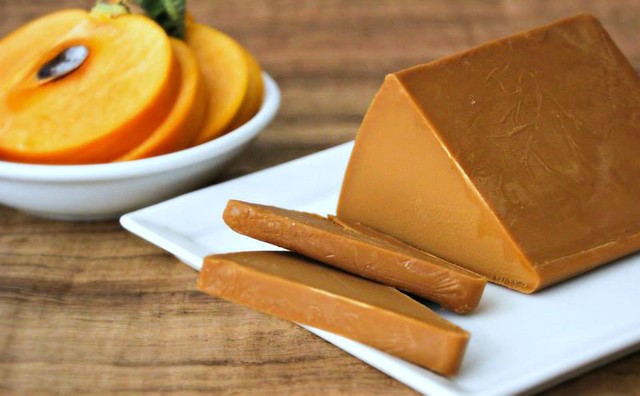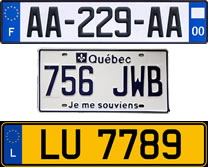One of the songs we started to learn last night at Bangor Community Choir is a version of the Christmas carol Deck the Halls (With Boughs of Holly). It contains the line “Troll the ancient Yule-tide carol”, which got me thinking that maybe the word troll had a different meaning when this carol was written.
The melody of Deck the Halls comes from a 16th century Welsh tune, Nos Galan (New Year’s Eve). The English words were written by Thomas Oliphant, and were first published in 1862 in Welsh Melodies (Volume 2) by John Thomas. The line in question was “Troul the ancient Christmas carol” in the original version.
According to the Merriam-Webster dictionary, troll can mean:
- a dwarf or giant in Scandinavian folklore inhabiting caves or hills
- to antagonize (others) online by deliberately posting inflammatory, irrelevant, or offensive comments or other disruptive content
- to cause to move round and round
- to sing the parts of (something, such as a round or catch) in succession; to sing loudly; to celebrate in song
- to fish by trailing a lure or baited hook from a moving boat
According to Wiktionary, other meanings of troll include:
- an ugly person
- optical ejections from the top of the electrically active core regions of thunderstorms that are red in color that seem to occur after tendrils of vigorous sprites extend downward toward the cloud tops.
- to saunter
- to trundle, to roll from side to side
- to draw someone or something out, to entice, to lure as if with trailing bait.
I think troll in the carol most likely refers to singing, rather any of the other definitions.
The noun troll comes from the Old Norse trǫll (witch, mage, conjurer), from the Proto-Germanic *truzlą (a supernatural being, demon, fiend, giant, monster), which is also the root of the English word droll (oddly humorous, whimsical), and the French drôle (funny, amusing, strange, wierd, bizarre), as well as words for troll in Germanic languages.

The verb troll comes from the Middle English troll (to go about, stroll, roll from side to side), from the Old French troller (to quest, to wander), from the Proto-Germanic *truzlōną (to lumber).
Source: Wiktionary
To me a troll is a mythical beast that appears in folklore and stories like The Hobbit, and in Terry Practchett’s Discworld series, or an internet troll.
What do you think of when you hear or read the word troll?






